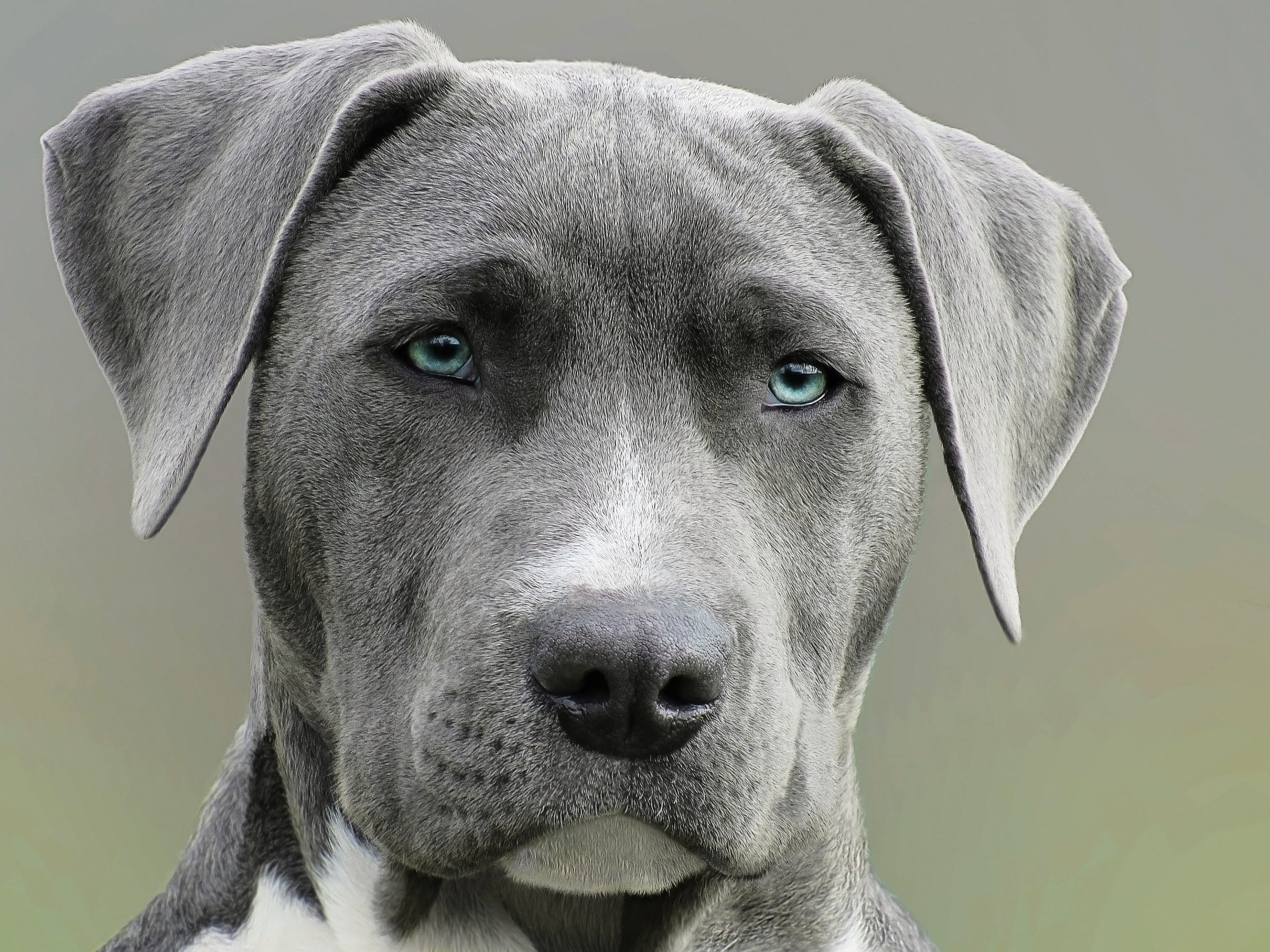As pet owners, sharing meals with our furry companions is common. However, certain human foods can be harmful or even deadly to dogs, and onions are among them. Understanding the reasons behind this can help keep our pets safe and healthy.
The Dangers of Onions
Onions belong to the Allium family, which also includes garlic, leeks, and shallots. While these ingredients enhance the flavor of our dishes, they contain compounds that are toxic to dogs. The primary concern is a substance known as thiosulfate. Unlike humans, dogs lack the enzyme needed to effectively digest thiosulfate. Even small amounts of onion can damage their red blood cells, leading to a condition called hemolytic anemia.
Understanding Hemolytic Anemia
Hemolytic anemia occurs when red blood cells are destroyed faster than they can be produced. This condition can result in various health issues, such as fatigue, weakness, and pale gums. In severe cases, hemolytic anemia can be life-threatening. Symptoms may not appear immediately, often taking several days to manifest, which can make it difficult for pet owners to connect their dog’s health issues to onion consumption.
Forms of Onions to Avoid
All forms of onions are harmful to dogs. Whether raw, cooked, dehydrated, or powdered, onions pose a risk. Many dog owners may not realize that foods containing onion powder, such as certain sauces, soups, or processed foods, can also be dangerous. Even small amounts can accumulate over time and lead to toxicity.
Risk Factors Based on Dog Size
The amount of onion that can cause harm varies depending on a dog’s size and weight. Smaller dogs are at a higher risk than larger breeds, as they have less body mass to absorb the toxin. Just a small portion of onion can be harmful to a small dog, while a larger dog may tolerate slightly more. It’s essential to avoid giving onions to dogs altogether, regardless of their size.
What to Do if Your Dog Ingests Onions
If you suspect that your dog has ingested onions, act quickly. Contact your veterinarian immediately, even if your dog is not showing any symptoms. Your vet may recommend inducing vomiting to prevent further absorption of the toxin or may suggest bringing your dog in for further evaluation. Blood tests might be necessary to assess any damage to the red blood cells.
Preventing Onion Poisoning
Awareness is key to preventing onion poisoning. When preparing meals, be mindful of the ingredients you use. If you enjoy cooking with onions, store them securely out of your dog’s reach. Educate family members and friends about the dangers of onions for dogs, especially if they share meals with your pet.
Safe Treat Alternatives
For those looking to give their dogs special treats, many safe alternatives exist. Fruits and vegetables such as carrots, green beans, and apples can be healthy and enjoyable for dogs. Always introduce new foods gradually and in moderation, keeping an eye out for any adverse reactions.
Protecting Your Dog’s Health
Understanding the risks associated with onions is vital for pet owners. By being informed and vigilant, you can help ensure your dog’s safety and well-being. The bond between you and your dog is special, and caring for their health is an essential aspect of that relationship. Keeping harmful foods like onions out of their diet is a straightforward yet effective way to show your love and commitment.
Knowledge is empowering. By learning about the risks associated with onions and other harmful foods, you can make informed decisions that protect your furry friends. Onions pose a significant risk to dogs due to the toxic compounds they contain, and being aware of the symptoms and risks is crucial. Keeping onions and onion-containing products out of your dog’s reach and opting for safe alternatives contribute to a long and healthy life for your beloved pet. Your dog depends on you for their well-being, and being proactive about their diet is one of the best ways to show you care.



